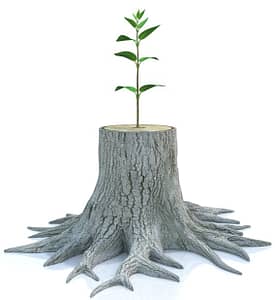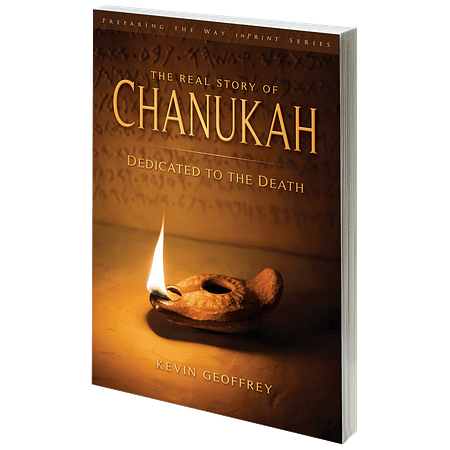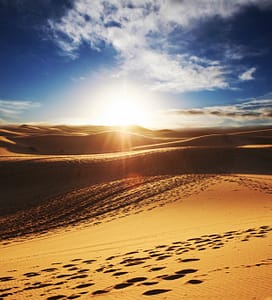
For what renown is it for you if you are sinning, and then, being beaten with fists, you endure it? But if you endure, doing good and suffering for it, this is favorable with God. For you were called to this, because Messiah also suffered for you, leaving Himself to you as an example, so that you may follow His steps—He WHO DID NOT COMMIT SIN, NOR WAS UNDER-HANDEDNESS FOUND IN HIS MOUTH… who Himself BORE OUR SINS in His body upon the tree, so that having died to the sins, we may live to the righteousness… (1Keifa 2:20-24, MJLT)
As we enter into the Passover season, we celebrate not only Israel’s salvation from captivity and oppression in Egypt, but also the individual salvation that this watershed event ultimately foreshadows. During this annual time of commemorating our freedom from sin, we are presented with the unique opportunity to refocus on, recommit to, recognize, and remember what Yeshua selflessly did on our behalf, and the consummate purpose to which He has called us. Unfortunately, this high calling—which is clearly spelled out by the emissary, Keifa—is essentially foreign to and lost among today’s modern Body of Messiah.
 …it has been written in the scroll of the words of Y’sha’yahu the prophet, saying, “A voice of one calling, ‘In the desert, prepare the way of Adonai! Make His paths straight! Every valley will be filled, and every mountain and hill will be made low, and the crooked will become straightness, and the rough roads will become smooth; and all flesh will see the salvation of God!’” (Luke 3:4-6, MJLT)
…it has been written in the scroll of the words of Y’sha’yahu the prophet, saying, “A voice of one calling, ‘In the desert, prepare the way of Adonai! Make His paths straight! Every valley will be filled, and every mountain and hill will be made low, and the crooked will become straightness, and the rough roads will become smooth; and all flesh will see the salvation of God!’” (Luke 3:4-6, MJLT) I say, then, did Israel stumble so that they might fall? Let it not be! …For I speak to you—to the Goyim [Gentiles]—inasmuch as I am indeed an emissary of Goyim: …if Israel’s rejection is a reconciliation of the world, what will their reception be if not life out of the dead? And if the first-fruit from the dough is holy, then the whole batch is also; and if the root is holy, then the branches are also. But if certain ones of the branches were broken off, and you [Goyim], being of a wild olive tree, were grafted in among them, and became a fellow-sharer of the root and of the richness of the olive tree, do not boast against the branches. But if you do boast, remember that you do not carry the root, but the root carries you! (Romans 11:11-18)
I say, then, did Israel stumble so that they might fall? Let it not be! …For I speak to you—to the Goyim [Gentiles]—inasmuch as I am indeed an emissary of Goyim: …if Israel’s rejection is a reconciliation of the world, what will their reception be if not life out of the dead? And if the first-fruit from the dough is holy, then the whole batch is also; and if the root is holy, then the branches are also. But if certain ones of the branches were broken off, and you [Goyim], being of a wild olive tree, were grafted in among them, and became a fellow-sharer of the root and of the richness of the olive tree, do not boast against the branches. But if you do boast, remember that you do not carry the root, but the root carries you! (Romans 11:11-18)

![torah[1]](https://mlqmsuiltnh3.i.optimole.com/cb:yG2w~3177c/w:265/h:300/q:mauto/ig:avif/f:best/https://www.perfectword.org/wp-content/uploads/2013/04/torah1.jpg) Excerpted from the
Excerpted from the 





